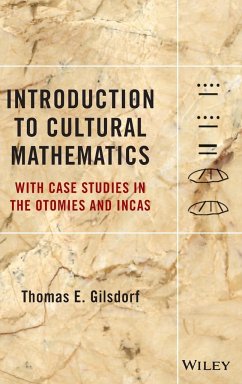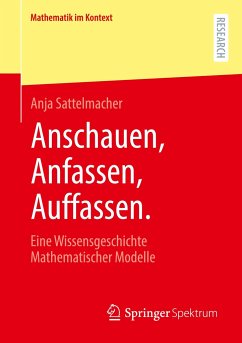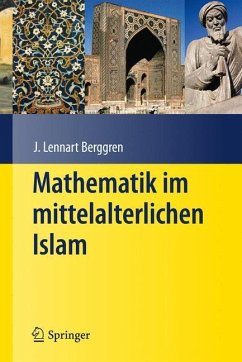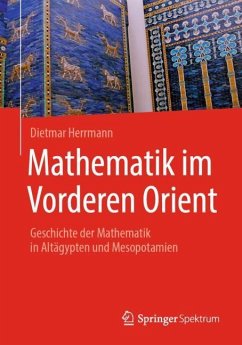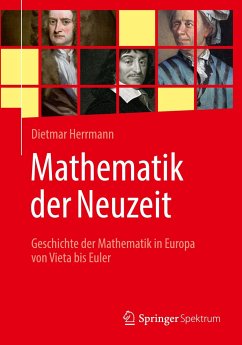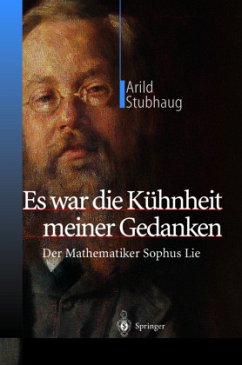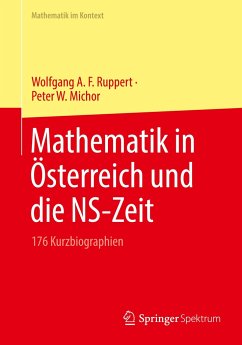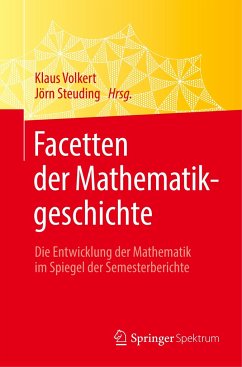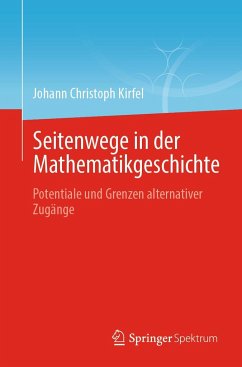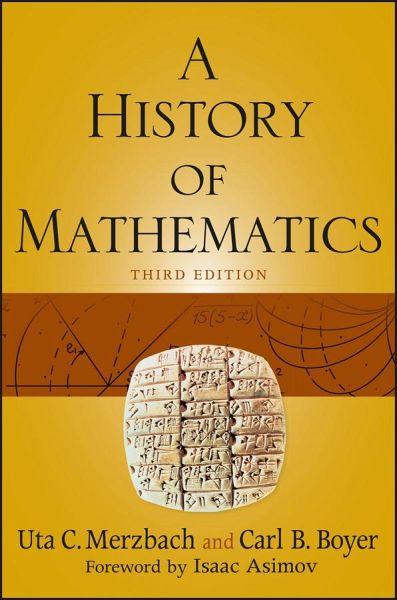
History Mathematics 3e
Versandkostenfrei!
Versandfertig in 2-4 Wochen
40,99 €
inkl. MwSt.
Weitere Ausgaben:

PAYBACK Punkte
20 °P sammeln!
The updated new edition of the classic and comprehensive guide to the history of mathematicsFor more than forty years, A History of Mathematics has been the reference of choice for those looking to learn about the fascinating history of humankind's relationship with numbers, shapes, and patterns. This revised edition features up-to-date coverage of topics such as Fermat's Last Theorem and the Poincaré Conjecture, in addition to recent advances in areas such as finite group theory and computer-aided proofs.Distills thousands of years of mathematics into a single, approachable volumeCovers math...
The updated new edition of the classic and comprehensive guide to the history of mathematics
For more than forty years, A History of Mathematics has been the reference of choice for those looking to learn about the fascinating history of humankind's relationship with numbers, shapes, and patterns. This revised edition features up-to-date coverage of topics such as Fermat's Last Theorem and the Poincaré Conjecture, in addition to recent advances in areas such as finite group theory and computer-aided proofs.
Distills thousands of years of mathematics into a single, approachable volume
Covers mathematical discoveries, concepts, and thinkers, from Ancient Egypt to the present
Includes up-to-date references and an extensive chronological table of mathematical and general historical developments.
Whether you're interested in the age of Plato and Aristotle or Poincaré and Hilbert, whether you want to know more about the Pythagorean theorem or the golden mean, A History of Mathematics is an essential reference that will help you explore the incredible history of mathematics and the men and women who created it.
For more than forty years, A History of Mathematics has been the reference of choice for those looking to learn about the fascinating history of humankind's relationship with numbers, shapes, and patterns. This revised edition features up-to-date coverage of topics such as Fermat's Last Theorem and the Poincaré Conjecture, in addition to recent advances in areas such as finite group theory and computer-aided proofs.
Distills thousands of years of mathematics into a single, approachable volume
Covers mathematical discoveries, concepts, and thinkers, from Ancient Egypt to the present
Includes up-to-date references and an extensive chronological table of mathematical and general historical developments.
Whether you're interested in the age of Plato and Aristotle or Poincaré and Hilbert, whether you want to know more about the Pythagorean theorem or the golden mean, A History of Mathematics is an essential reference that will help you explore the incredible history of mathematics and the men and women who created it.




